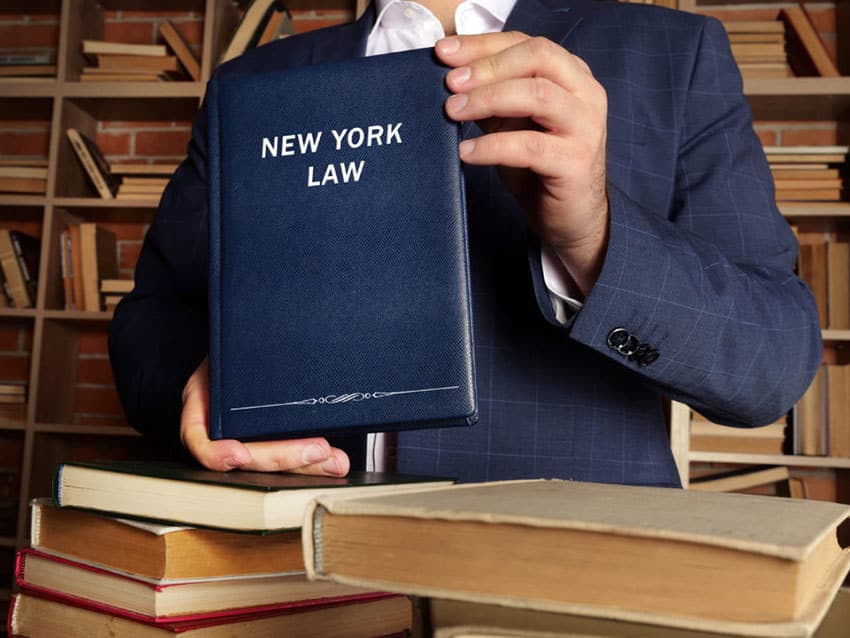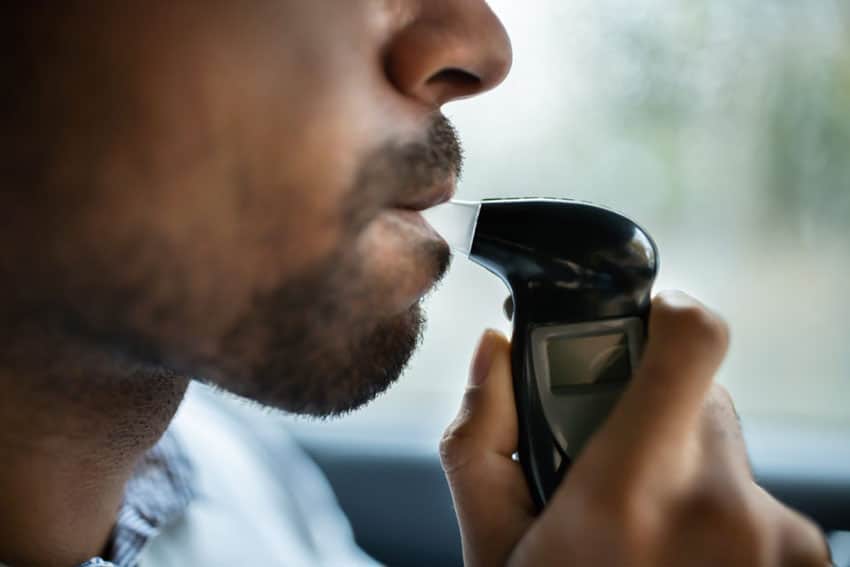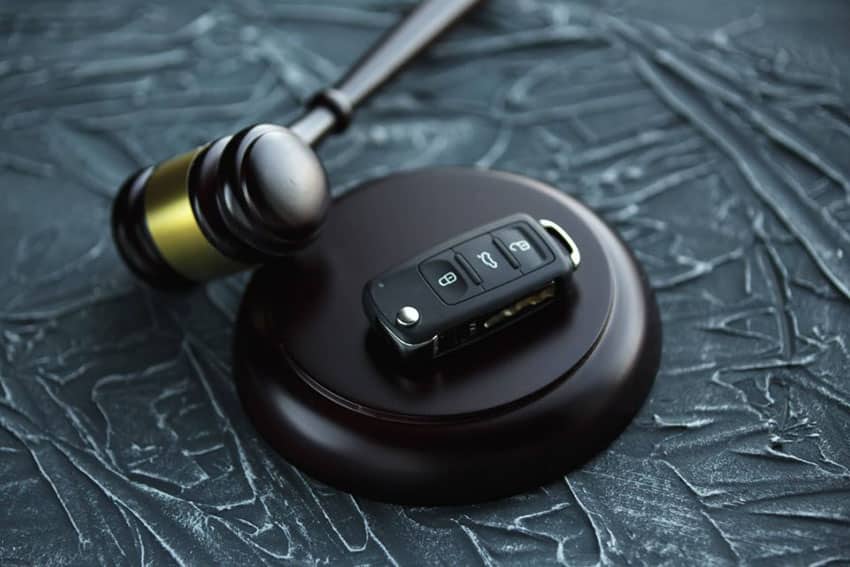In People v. Rosario, the New York Court of Appeals set forth what has become known as the “Rosario rule.” This rule mandates that in criminal prosecutions, the prosecution must disclose to the defense all of a prosecution witness’ prior recorded statements, so long as they are material to that witness’ testimony. Such recorded statements are commonly referred to as “Rosario Material,” and may include the witness’ prior testimony, written statements, notes, and reports. The purpose of the Rosario Material rule is to ensure that the defense can adequately test the credibility of prosecution witnesses during cross-examination. The Rosario rule was codified in the New York Criminal Procedure Law (CPL) in 1980. Failure to disclose such statements is a “per se” violation of a defendant’s rights and can result in an automatic reversal of a conviction.
The “Rosario” discovery rule, codified in New York CPL section 240.45, requires prosecutors to provide defense counsel with any pre-trial statements made by a prosecution witness relating to that witness’s testimony in court, regardless of whether these statements are inconsistent with the witness’s testimony on the stand. By law, the prosecutor must provide defense counsel with statements that relate to a witness’ testimony at trial. Examples of Rosario Material include: a signed statement by a witness, District Attorney paperwork that contains or summarizes a witness’ statement, and a police officer’s notes and paperwork. The Rosario rule generally applies to statements made to the “police, district attorney or grand jury.”
In People v. Kelly, the Court of Appeals delineated other factors in considering whether a document constitutes Rosario Material. They are: whether the items actually are in or subject to the possession or control of a prosecutor’s office; whether the potential cross examination materials are in the actual possession of what is primarily a law enforcement agency; whether a compelling reason exists to keep the items confidential; and whether the material not in the actual possession of the prosecutor or agency whose records may be deemed in the prosecutor’s control is in any event equally accessible to the defendant.
Rosario Material can be obtained at different times in the trial process. At a pre-trial hearing, for example, under CPL section 240.44, a defendant may make a request for:
1. Any written or recorded statement, including any testimony before a grand jury, made by a witness other than the defendant which relates to the subject matter of the witness’s testimony.
2. A record of a judgment of conviction of a witness other than the defendant if the record of conviction is known by the prosecutor or defendant to exist.
3. The existence of any pending criminal action against a witness other than the defendant if the pending criminal action is known by the prosecutor or defendant to exist.
Under CPL section 240.45, subdivision 1(a), a defendant may use the Rosario rule to make a request for the notes of a prosecutor including any notes taken by an investigator or a prosecutor detailing a witness’s responses to questions asked during the investigation.
The Rosario rule has some limitations. Prior statements of a witness are not included, unless they actually came into possession of the police or of the prosecutor in the case. Records in possession and control of state agencies other than a “primary law enforcement agency” are not considered Rosario material. Copies of motor vehicle accident reports filed with the Department of Motor Vehicles by a prosecution witness are also exempt from the Rosario rule.
The Rosario rule may play an important part in a DWI case. The prosecution in DWI cases generally makes available to the defense records such as copies of (a) the charges against the defendant, (b) the defendant’s breath test result, (c) the breath test operational check list (if one exists), (d) the breath test operator’s Department of Health permit, and (e) a recent record of inspection/maintenance/calibration for the breath test instrument.
Other documents are also available to DWI defense lawyers. Results of “scientific tests,” such as the Horizontal Gaze Nystagmus (HGN) test and the Alco-Sensor test are obtainable under CPL section 240.20 (l) (c) and (k). Radar and laser speed detection devices are also “scientific tests,” whose results are obtainable to defense lawyers in DWI cases. All documentary evidence that the prosecution intends to introduce in a DWI case to establish the foundation for the introduction of the defendant’s chemical test results is obtainable by defense lawyers, as are documents containing the results of field sobriety tests, and any videotape(s) pertaining to the stop, detention, arrest and/or breath test of the defendant.
Many police officer notes and reports in DWI cases contain statements of the defendant and these portions of the documents are obtainable under the Rosario rule. It is also possible for defense lawyers in DWI cases to obtain police radio transmissions that are tape recorded and/or recorded in a radio log, mobile data transmissions from computers located in the police car, and make log and/or blotter entries created at the police station. In addition, where a witness (such as a police officer) discusses the case with an Assistant District Attorney, and the attorney takes notes of the conversation in order to prepare for a pre-trial hearing and/or for trial, such notes constitute Rosario Material of the witness, not the attorney and can be obtained by defense lawyers in a DWI case.
The attorneys at the law firm of DWI Team Defense Attorneys are experienced in handling DWI cases. If you need a lawyer with knowledge and experience to handle your DWI case, call the law firm of DWI Team DWI Defense Attorneys.
The exclusive purpose of this article is educational and it is not intended as either legal advice or a general solution to any specific legal problem. Corporate offices for DWI Team DWI Defense Attorneys are located at 432 N. Franklin Street, Suite 80, Syracuse, NY 13204; Telephone No.: 1-866-792-7800. Prior results do not guarantee a similar outcome. Attorney Advertising.











